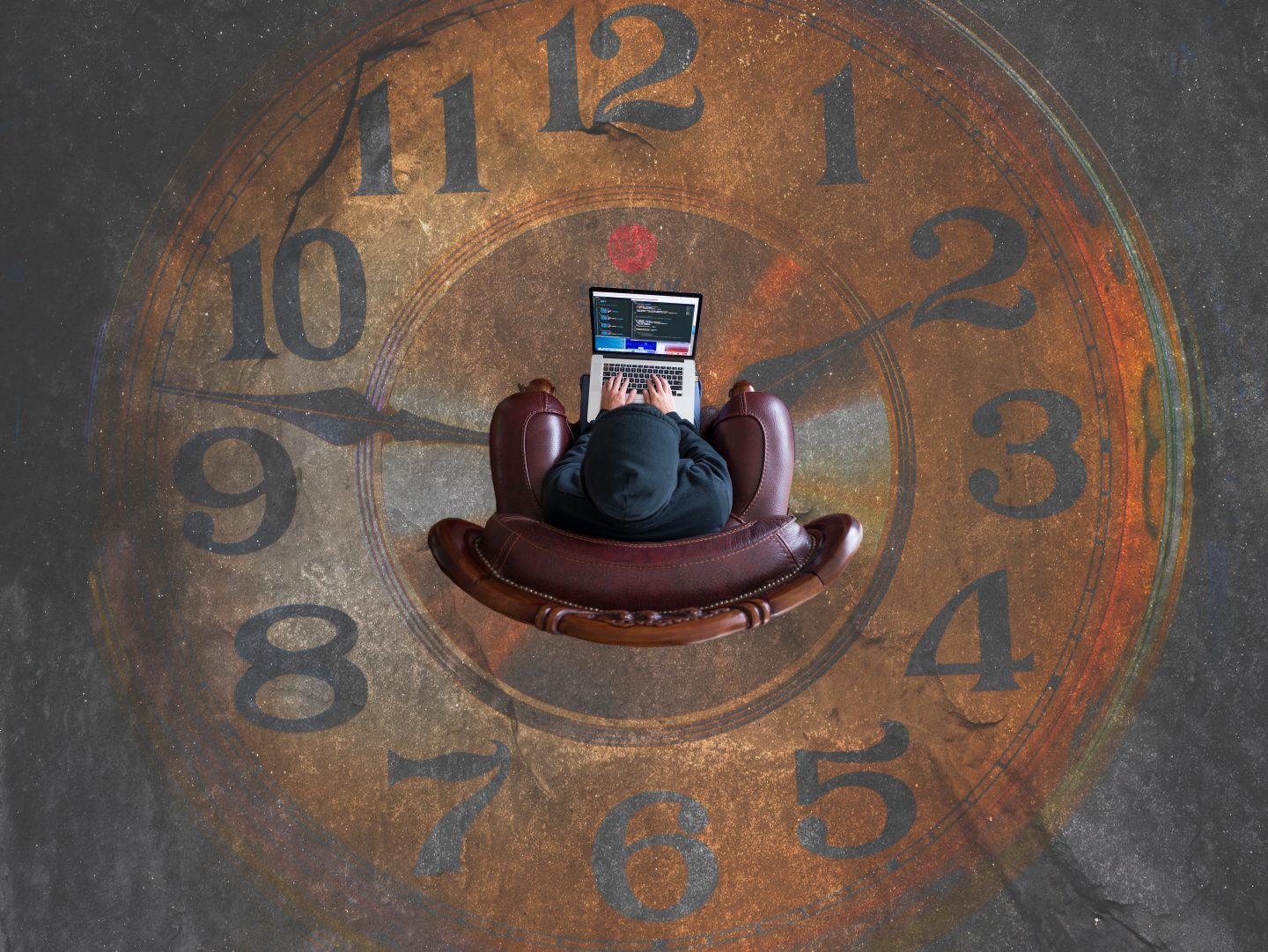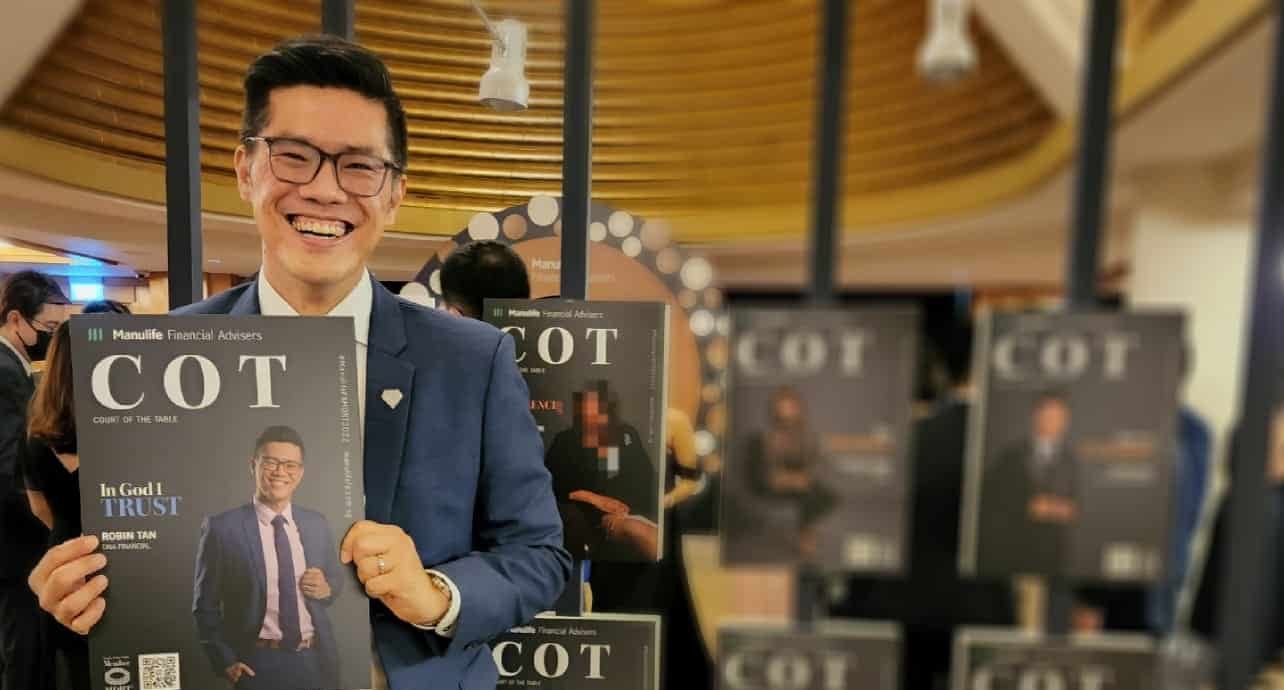
Kevin Ku / Unsplash.com
A person I met several years ago never wore a watch until he graduated in theological studies in the United States.
I was surprised and often wondered how he ever managed his daily life without a watch. But then, is it not more amazing that we have become so dependent on our watches and clocks to manage our lives?
The mechanical clock was originally invented in the Benedictine monasteries of the 12th and 13th centuries to help monks (and nuns) to keep regular hours of prayer.
In other words, it served to deepen piety and aid worship.
But ironically, today it is used not so much to worship God or to deepen our faith, but to help us become more efficient in our work.
In many cases, it makes people live as if there is no God. Time is often associated with responsibility and gratification, rather than with responsiveness to God and others.
It leads me to wonder about how we view time and how we should time our lives.
The Bible describes time both chronologically (chronos) and sacramentally (kairos). Time can be measured in terms of hours and days, but it can also be experienced in terms of significant events.
For example, the life of Christ can be measured as a short span of about 33 years. But as an event, Christ’s life on earth is the single historical event which gives meaning to the rest of time. Till today, the majority of the world has failed to realise this.
In our modern, feverishly busy and business-like lives, we often walk by our “bushes” without noticing anything special … Our watches keep time but our hearts fail to connect.
The problem is even greater in our modern world because we are drowning in a technological swamp. We are surrounded and dominated by machines which force us into thinking and behaving mechanically. Our view of time has not remained unaffected by this mechanisation and secularisation of life.
But we were not made to know time only in a chronological and mechanical way.
Rather, God has made us as human beings with a special ability to experience, tell and understand stories. And stories are timed not by a clock but by the human heart. We may need “clock time” to do some work efficiently, but we need “heart time” to live meaningful lives here on earth. The clock and the heart keep different kinds of time.
My point is that we may be rapidly losing the art of keeping time with our hearts, and experiencing time sacramentally.
Sacramental time can be defined as time filled with the presence of God. It is special time.
For example, what makes New Year’s Day different? If one looks at it purely from a scientific perspective, it is just like any other day. The same sunrise, same features as any other ordinary day. That is how it would appear to an animal or machine. But for us, it is a special day because we see something special in what appears to be ordinary. We see it sacramentally, the event is special to us.
It is the failure to understand this that often leads people to leave handphones on during worship, or for a man to keep talking on his handphone while walking with his family in a park. These people fail to notice and celebrate that special moment.
They fail to notice the mystery of time and its events.
The Old Testament leader Moses must have walked by that bush many times in his life and work. But one day, he saw it in a different way. He saw the fire in the bush. Exodus 3:2
If he had a watch, the chances are high that he may have missed the scene. He may have been too busy timing his life to notice that which remains unseen by people who are dominated by technical efficiency. But Moses, who spent 40 long years as a shepherd, after a spectacular start as a prince of Egypt, understood sacramental time and he was able to be connected to God.
In our modern, feverishly busy and business-like lives, we often walk by our “bushes” without noticing anything special. We walk by people without noticing them. Our watches keep time but our hearts fail to connect.
We miss opportunities to truly relate with God and with others, for relationships require sacramental time. They cannot be timed with a clock but are in fact experienced as shared stories.
Perhaps it may be good to try living a day without watches and clocks. It will free us from the need to be in perfect control of our lives. It will help us to experience time in a different way. We may then come to enjoy the sacramental nature of a long, unhurried conversation with another human being, or a walk with someone we love, or the joy of truly coming to know someone.
The danger is that if we are busy timing our lives only with the clock (chronological time), we may reach the end of our lives disappointed that what we had gathered for ourselves has turned to dust and rust.
But if we see time sacramentally, then we will be free to truly love, and we will gather for ourselves treasures in heaven. We must learn how to experience time, not as consumers but as lovers of God and people.
For in heaven, I suspect we will not be wearing watches or have clocks. There, we will discover that time is associated not with money, but with love.
This devotional was extracted from the book, Reflections on Time and Eternity, and republished with the permission of Armour Publishing.
Reflection and Discussion
1. “Our view of time has been affected by the mechanisation and secularisation of life.” Do you agree?
2. Reflect on 2 Corinthians 6:2. When is “the time of my favour” or “a favourable time” described here? How does it relate to the “day of salvation”?
3. What change will you make today so that you treat time sacramentally?
We are an independent, non-profit organisation that relies on the generosity of our readers, such as yourself, to continue serving the kingdom. Every dollar donated goes directly back into our editorial coverage.
Would you consider partnering with us in our kingdom work by supporting us financially, either as a one-off donation, or a recurring pledge?
Support Salt&Light




